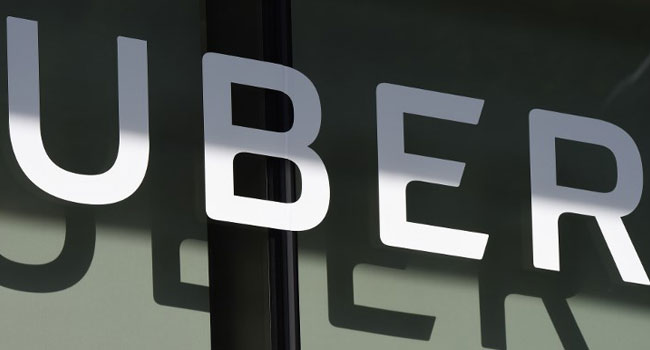Ride-share company Uber on Wednesday said that its net loss topped a billion dollars in the recently ended quarter as it pumped money into bikes, scooters, freight and food delivery.
While a private company, Uber has taken to sharing quarterly earnings figures as it prepares for a keenly-anticipated debut on the stock market next year.
 Figures released by Uber showed the San Francisco-based company lost $1.1 billion on revenue that grew to $3 billion, while overall bookings notched up to $12.7 billion.
Figures released by Uber showed the San Francisco-based company lost $1.1 billion on revenue that grew to $3 billion, while overall bookings notched up to $12.7 billion.
“We had another strong quarter for a business of our size and global scope,” Uber chief financial officer Nelson Chai said in a statement shared along with the earnings figures.
“As we look ahead to an IPO and beyond, we are investing in future growth across our platform, including in food, freight, electric bikes and scooters, and high-potential markets in India and the Middle East.”
In the previous quarter, the smartphone-summoned ride service reported it lost $891 million on net revenue of $2.8 billion, with overall bookings of $12 billion.
Uber is eyeing a valuation above $100 billion for its share offering due in 2019, which would be the biggest-ever in the tech sector, sources familiar with the plan said last month.
The sources told AFP the global ridesharing giant is considering speeding up its plans for an initial public offering to the first half of 2019, rather than the second half of the year.
Uber, which operates in over 60 countries, is already the largest of the venture-backed “unicorns” valued at more than $1 billion, which until recently was considered rare without tapping stock markets.
Its most recent investment — a $500 million injection from Japanese auto giant Toyota — was made at a reported valuation of $72 billion.
Uber offered no comment on the IPO plans.
Uber is due to make a market debut by the end of 2019 as part of an investment deal with Japan’s SoftBank, which has a stake of some 15 percent.
The ridesharing group last year hired a new chief executive, Dara Khosrowshahi, who has vowed to fix the company’s work culture and business practices after a series of missteps and scandals over executive misconduct, a toxic work atmosphere, and potentially unethical competitive practices.
Uber has also expanded its services beyond car rides to freight hauling, delivering food, and sharing scooters or bicycles.
As it expands its services, Uber is also seeking to become a major player in autonomous cars and has agreed to buy and adapt vehicles from Volvo to begin operating self-driving taxis.











